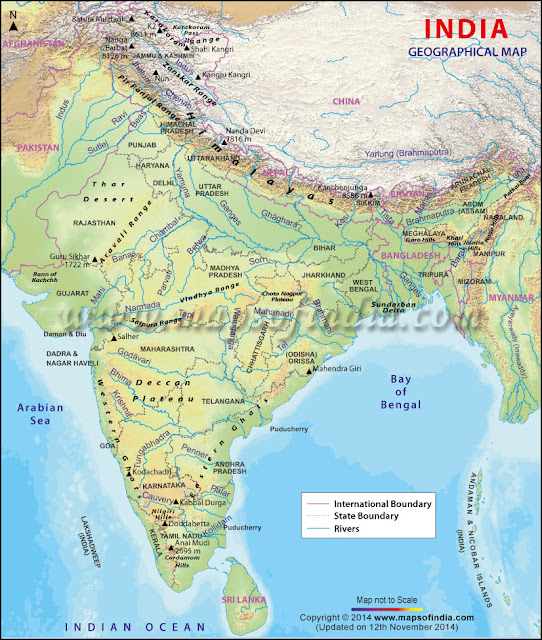Courts in India
ssc preparation, important competetion questions, current affairs of india, latest question asked in competetion papers,
Courts in India
###########
• High Courts with jurisdiction in more than 1 state/UT
1) Guwahati—Arunachal Pradesh, Assam, Nagaland, Mizoram
2) Bombay—Maharashtra, Goa, Dadra and Nagar Haveli, Daman and Diu
3) Calcutta—West Bengal, Andaman and Nicobar Islands
4) Kerala—Kerala, Lakshadweep
5) Madras—Tamil Nadu, Puducherry
6) Punjab and Haryana —Punjab, Haryana, Chandigarh
###########
• High Courts with jurisdiction in more than 1 state/UT
1) Guwahati—Arunachal Pradesh, Assam, Nagaland, Mizoram
2) Bombay—Maharashtra, Goa, Dadra and Nagar Haveli, Daman and Diu
3) Calcutta—West Bengal, Andaman and Nicobar Islands
4) Kerala—Kerala, Lakshadweep
5) Madras—Tamil Nadu, Puducherry
6) Punjab and Haryana —Punjab, Haryana, Chandigarh
• High Courts and Benches
1) Allahabad High Court—Lucknow
2) Bombay High Court—Nagpur, Panaji, Aurangabad
3) Calcutta High Court— Port Blair
4) Gauhati High Court —Kohima, Aizwal, Itanagar
5) Madhya Pradesh High Court—Gwalior, Indore
6) Madras High Court —Madurai
7) Rajasthan High Court—Jaipur
2) Bombay High Court—Nagpur, Panaji, Aurangabad
3) Calcutta High Court— Port Blair
4) Gauhati High Court —Kohima, Aizwal, Itanagar
5) Madhya Pradesh High Court—Gwalior, Indore
6) Madras High Court —Madurai
7) Rajasthan High Court—Jaipur
• High Courts not in State Capitals
1) Chattisgarh—Bilaspur
2) Gujarat—Ahmedabad
3) Kerala—Kochi
4) Madhya Pradesh—Jabalpur
5) Odisha—Cuttack
6) Rajasthan—Jodhpur
7) Uttarakhand —Nainital
8) Uttar Pradesh—Allahabad
2) Gujarat—Ahmedabad
3) Kerala—Kochi
4) Madhya Pradesh—Jabalpur
5) Odisha—Cuttack
6) Rajasthan—Jodhpur
7) Uttarakhand —Nainital
8) Uttar Pradesh—Allahabad
• Union Territories – High Courts
1) Andaman and Nicobar islands—Calcutta High Court
2) Lakshadweep—Kerala High Court
3) Puducherry—Madras High Court
4) Dadra and Nagar Haveli—Bombay High Court
5) Daman and Diu—Bombay High Court
6) Chandigarh—Punjab and Haryana High Court
7) Delhi—Delhi High Court
2) Lakshadweep—Kerala High Court
3) Puducherry—Madras High Court
4) Dadra and Nagar Haveli—Bombay High Court
5) Daman and Diu—Bombay High Court
6) Chandigarh—Punjab and Haryana High Court
7) Delhi—Delhi High Court
• Points to remember
1) The Supreme Court of India came into existence on 28 Jan 1950 replacing Federal Court of India which had functioned from 1937 to 1950.
2) The number of Judges in the Supreme Court is Chief Justice and 30 other judges.
3) A judge of the Supreme Court of India can hold office upto the maximum age of sixty-five years.
4) The total number of High courts in India is 24*.
5) *Three High Courts were inaugurated in March 2013 – Meghalaya and Manipur High Courts (March 25) and Tripura High Court (March 26) in their respective state capitals.
6) The oldest High Court in India is the Calcutta High Court which was set up on 01 Jul 1862. It is one of the three Chartered High Courts to be set up in India, along with the High Courts of Bombay, Madras.
7) The upper age limit for appointment as a judge of High court is sixty-two years.
2) The number of Judges in the Supreme Court is Chief Justice and 30 other judges.
3) A judge of the Supreme Court of India can hold office upto the maximum age of sixty-five years.
4) The total number of High courts in India is 24*.
5) *Three High Courts were inaugurated in March 2013 – Meghalaya and Manipur High Courts (March 25) and Tripura High Court (March 26) in their respective state capitals.
6) The oldest High Court in India is the Calcutta High Court which was set up on 01 Jul 1862. It is one of the three Chartered High Courts to be set up in India, along with the High Courts of Bombay, Madras.
7) The upper age limit for appointment as a judge of High court is sixty-two years.

Comments
Post a Comment